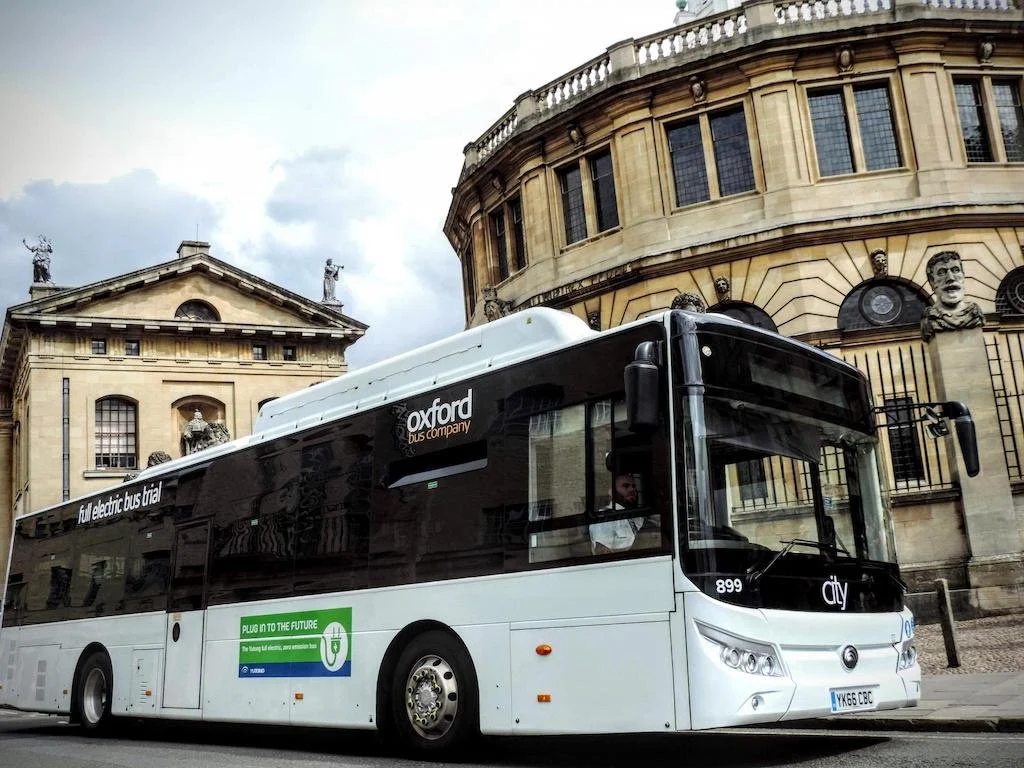High capacity bus depot power connection enables Oxford’s next phase zero emission roll out
EDF Renewables UK and Oxford Bus Company, part of The Go-Ahead Group, have signed an agreement for the provision of an 8MW connection to Cowley bus depot, enabling the introduction of an electric fleet of buses for Oxford.
The deal is the latest stage of the ambitious urban decarbonisation project, Energy Superhub Oxford. The four-year project has seen innovations such as the creation of a first-of-a-kind battery storage system, a high-power private wire charging network and an electric vehicle (EV) charging hub at Redbridge Park & Ride.
With co-funding from Go Ahead, Oxfordshire County Council and the Department for Transport’s Zero Emission Bus Regional Areas (ZEBRA) scheme, Oxford Bus Company has ordered 104 new electric buses to begin arriving on Oxford’s streets from late 2023. To enable the buses to charge overnight, depot charging infrastructure will be powered by the EDF Renewables UK substation at Oxford Bus Company’s Watlington Road depot. The substation was installed and connected in spring 2022 by EDF Renewables UK in anticipation of the agreement reached this month.
Luke Marion, Oxford Bus Company Managing Director, said, “Go-Ahead Group and Oxford Bus Company’s ambition to transition to a zero-emission fleet has been in planning for several years already. This agreement with EDF Renewables UK takes us one step closer to having more electric buses in Oxford, and is a key milestone in our exciting electric transformation journey.”
Marianne Costigan, Head of Private Wire at EDF Renewables UK, added, “Energy Superhub Oxford has given the city a breadth of opportunities to decarbonise and combat climate change, and we’ve already seen considerable success with the EV charging hub.
“Electrifying Oxford’s buses by taking advantage of the high voltage connection enabled by Energy Superhub Oxford will significantly improve air quality in and around the city and boost the already key role that buses play by replacing cars. Together, the changes brought about by Energy Superhub Oxford will have truly accelerated the region’s journey towards net zero.”
Energy Superhub Oxford aims to help Oxford City Council’s response to the climate emergency by saving 10,000 tonnes of carbon dioxide emissions in its first year, rising to 25,000 tonnes per year by 2032.

